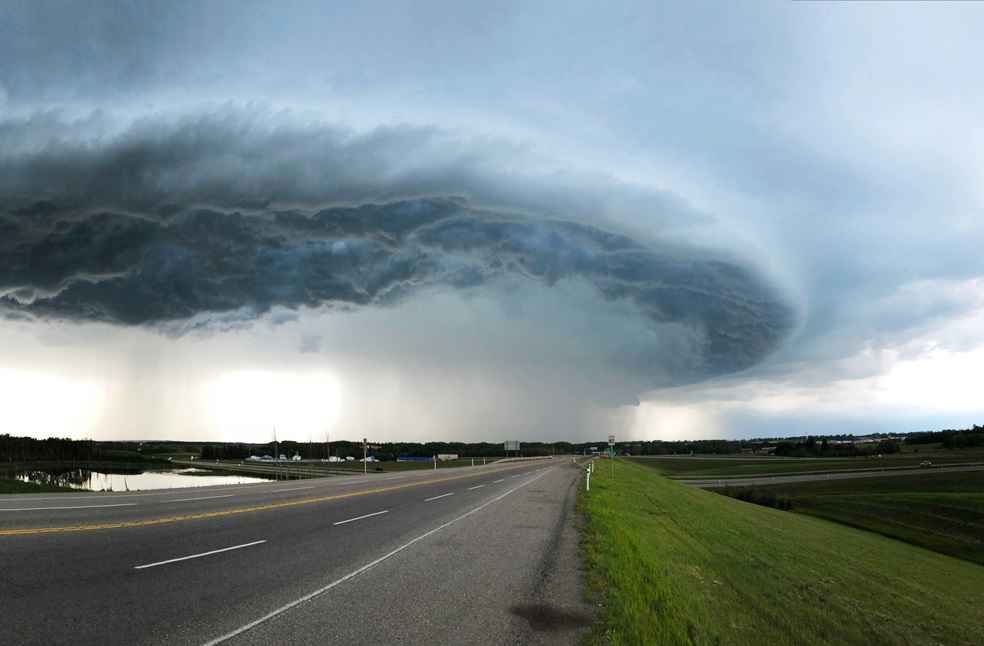Texas: Over 13 million people are expected to be at risk of flash floods and tornadoes in Texas as a result of the severe weather crisis. Houston, Austin, and San Antonio are also listed as cities in the storm zone that are at risk.
The main hazards are wind, enormous storms and flooding. It is reported that some cyclones are also possible. Current weather reports indicate that a few isolated supercells are likely to evolve and become intense. However, the major typhoon system is foreseen to develop and progress.
There is a possibility of flooding along the Gulf Coast this weekend, which will mainly affect New Orleans and Louisiana. There will be widespread storms from Corpus Christi to Austin to Houston, which will eventually move eastward and hit the Gulf Coast.
New Orleans is expected to experience a storm with strong winds and some hail, and there is a low chance of tornadoes. However, the overall risk is low, with the main threat being flooding due to heavy rains. There is a possibility of hourly rain totals of 2.5 inches, with some local amounts up to 4 inches along the Gulf Coast. This may guide to windstorm totals of more than 3 inches in some parts of the South.

Officials reported that the South and Midwest experienced strong storms and over 20 tornadoes last week. This led to a threat of tornadoes moving across the region, resulting in three deaths and 38 injuries. Meanwhile, the Denver area in Colorado is currently experiencing heavy snowfall, with Aspen receiving over 60 inches of snow in the past two days.
This weekend, the heaviest snowfall is expected to shift south of Aspen, with the mountains of southern Colorado and central or western New Mexico predicted to receive 6 to 12 inches of snow. Temperatures in the eastern US were above average throughout the winter season.
However, next week, a late-winter chill from the north is expected to bring about a change in the weather, and temperatures are predicted to drop below freezing in several states. Although this cold snap may not be as severe as the ones experienced in January, it is still significant. There are no major storm warnings across the Midwest to the Northeast, so it is expected to be relatively quiet.



